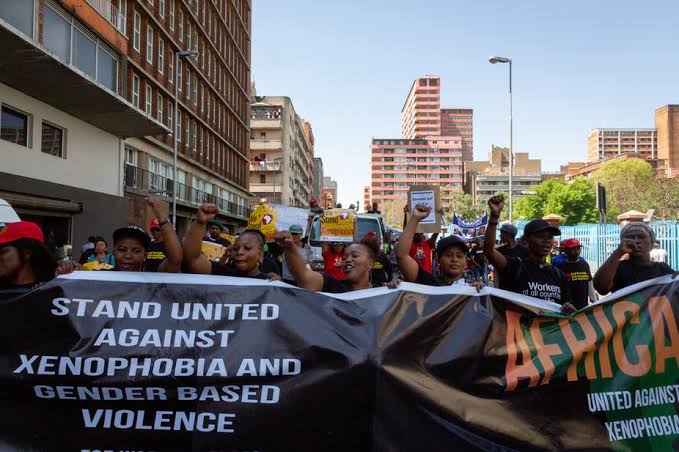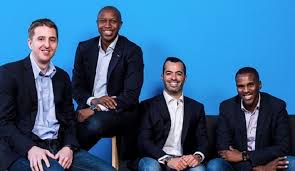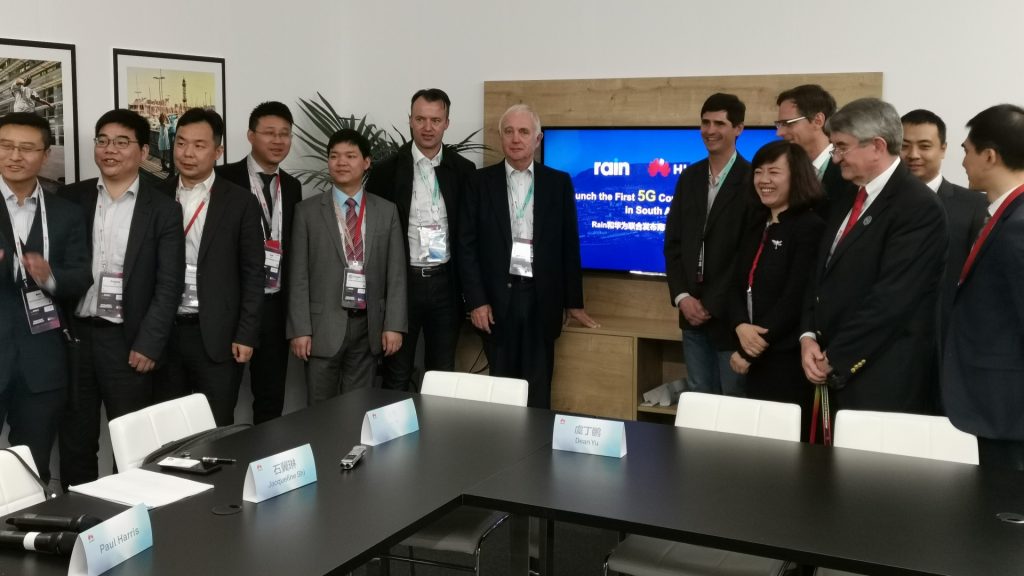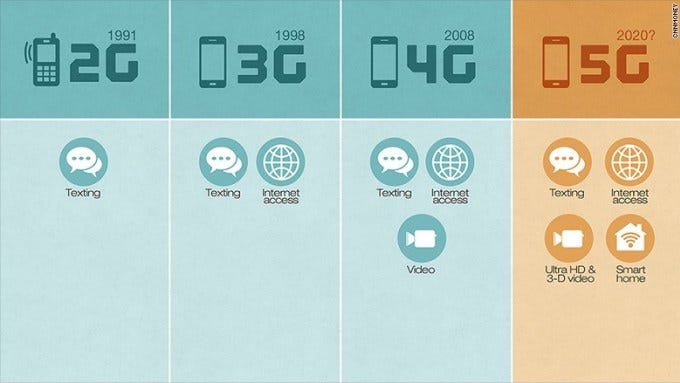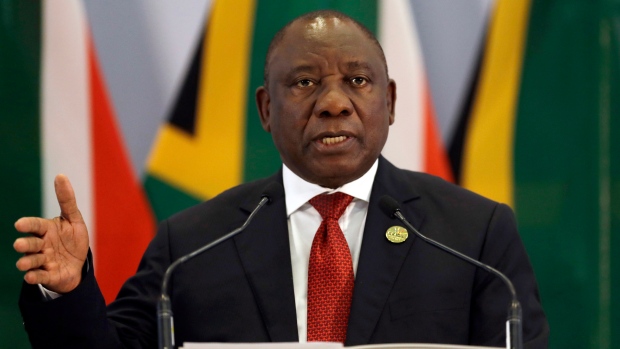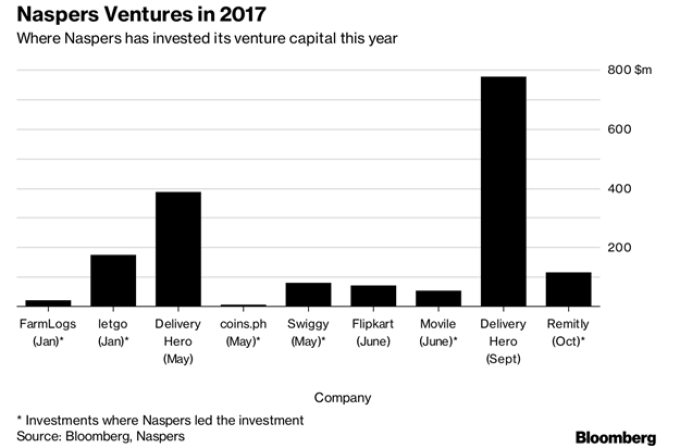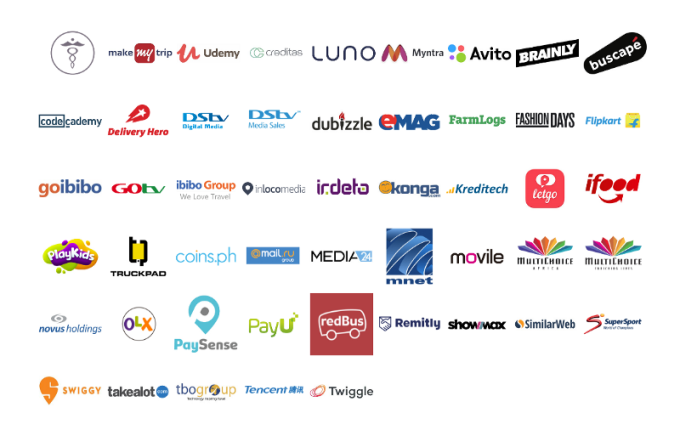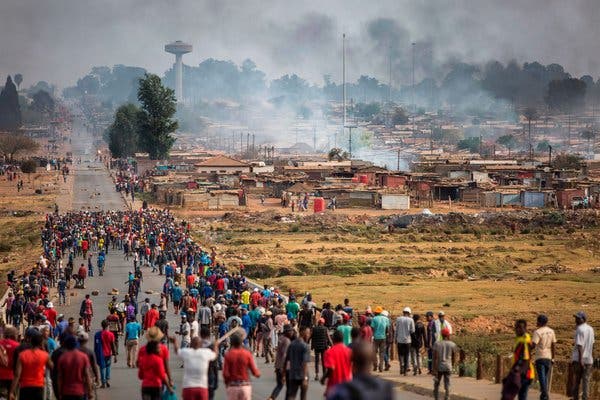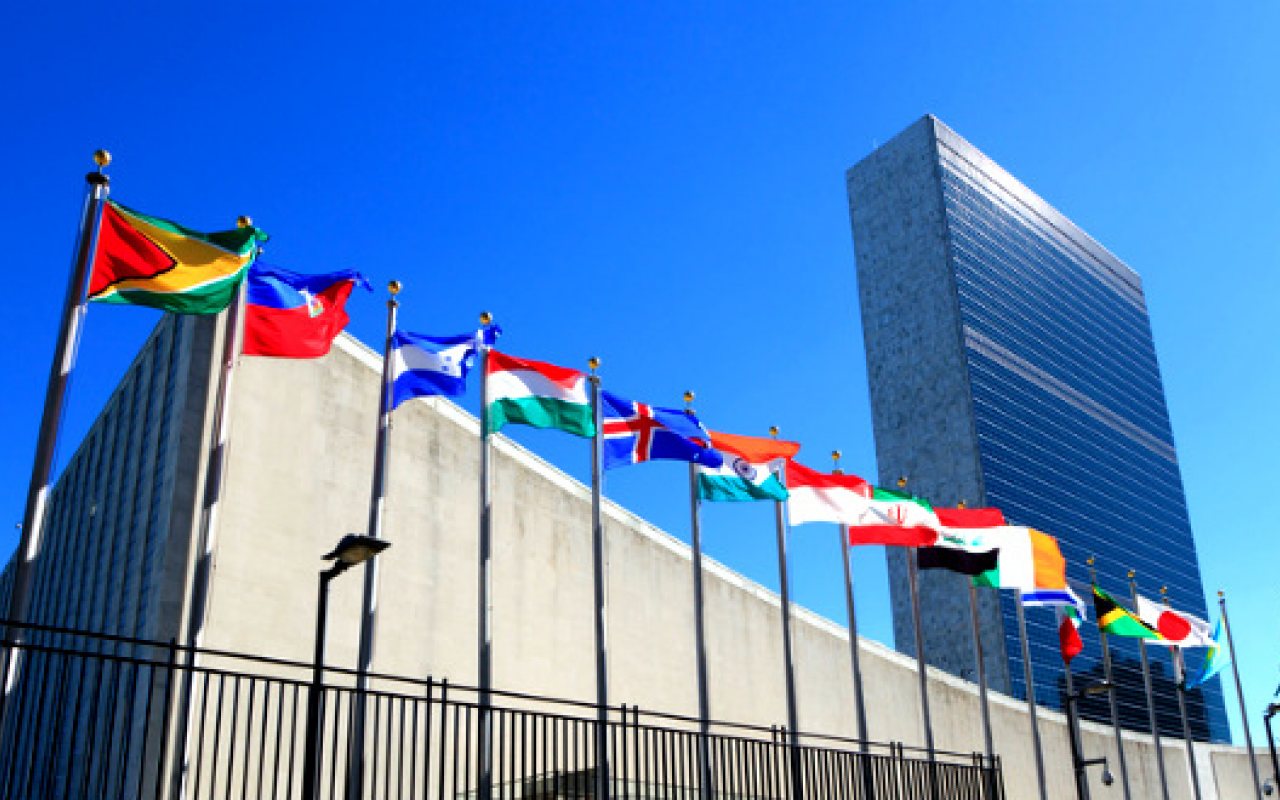President Ramaphosa Envoy, Jeff Radebe Promises to Mend Fences across Africa
As South Africa reels from the after effects of the xenophobic attacks on nationals from other African countries, more countries have ramped up evacuation processes of their citizens in the country; President Cyril Ramaphosa’s special envoy to select African countries assures fellow African countries that the government is taking every necessary step to ensure a safe and secure South Africa. The team started their visits from Nigeria where they met with President Muhammadu Buhari, from there they went to Niger, Ghana, Senegal, Tanzania, the Democratic Republic of Congo and Zambia to deliver a message of solidarity from President Cyril Ramaphosa.

However, more countries have continued the evacuation of their citizens from South Africa which observers see as a draw back to the shuttle diplomacy engaged in by President Ramaphosa and his government. It could be recalled that a second batch of over 300 Nigerians were evacuated from South Africa over the week, while countries like Malawi, Zambia and Zimbabwe have also been evacuating their citizens from South Africa.
Read also: South African Government Officials Accused of Fueling Xenophobia
Analysts say that South African government has been under enormous pressure to assure the world that their country is safe for foreigners because the xenophobic attacks has had negative impacts on consumer confidence, and the economy in general as the hopes of the economy coming out of recession dims. The country is working hard to address its dented image abroad.
Inspite of the development, the Special Envoy which consists of South Africa’s former Minister of Energy, Jeff Radebe, Ambassador Kingsley Mmabolo and Dr Khulu Mbatha, a veteran of the African National Congress; President Cyril Ramaphosa is determined to assure fellow African countries that the government is taking every necessary step to ensure a safe and secure South Africa; Special Envoy Jeff Radebe is the 2018 recipient of the Big Five Energy award presented by Africa Oil & Power (AOP).
The group of Presidential Special Envoys will deliver a message of solidarity from South Africa’s President Cyril Ramaphosa to the heads of state as a means to assure them that the government is committed to addressing xenophobic attacks which sparked in the Gauteng province earlier this month.
“The Special Envoys are tasked with reassuring fellow African countries that South Africa is committed to the ideals of pan-African unity and solidarity. The Special Envoys will also reaffirm South Africa’s commitment to the rule of law,” said an official statement by The Presidency of the Republic of South Africa.
Special Envoy Radebe already met with Nigeria’s President Muhammadu Buhari; President of Ghana, Nana Akufo-Addo and Senegal’s President, Macky Sall since the tour started on September 14, 2019. Buhari assured them that the recent ugly incident will not taint the good diplomatic relationship between Nigeria and South Africa, but called on the South African government to take stringent steps to ensure such occurrence never repeats itself.
Kelechi Deca

Kelechi Deca has over two decades of media experience, he has traveled to over 77 countries reporting on multilateral development institutions, international business, trade, travels, culture, and diplomacy. He is also a petrol head with in-depth knowledge of automobiles and the auto industry.

